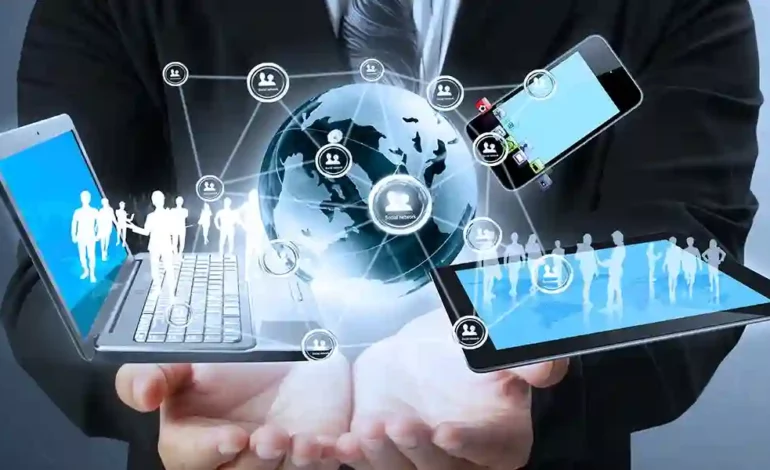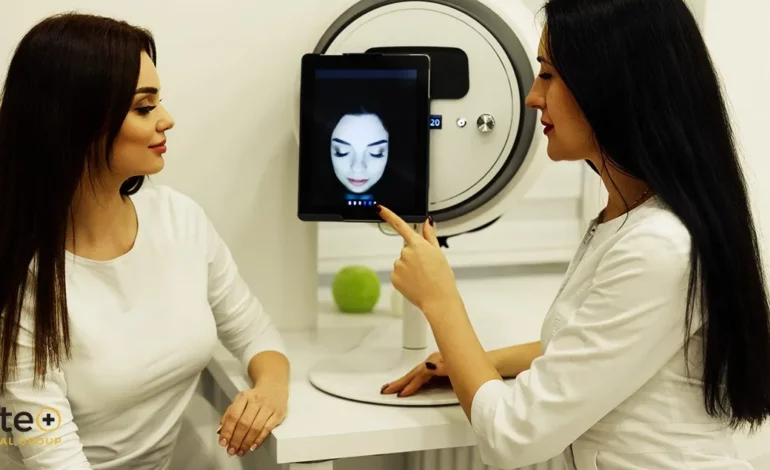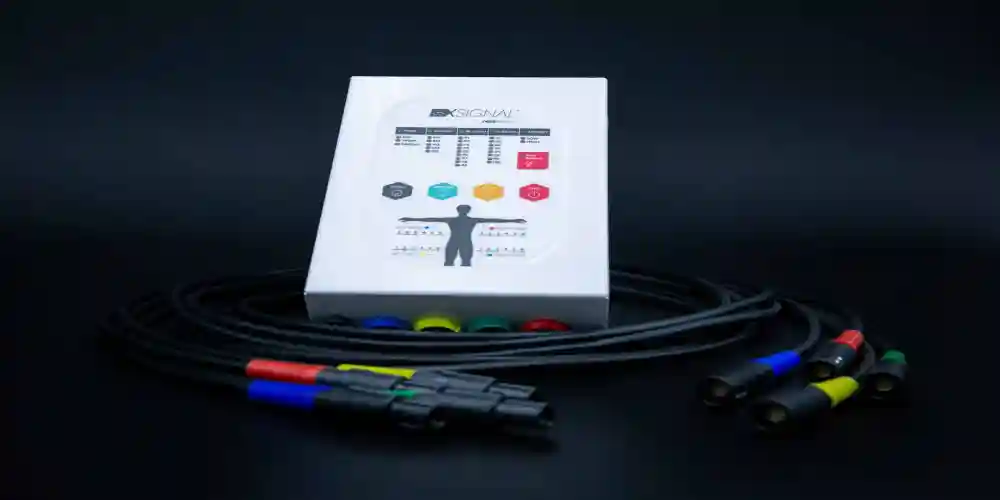
How technology has changed our day to day life
Technology is a broad term that encompasses many different inventions. It is always improving and aims to make things easier for people.
Some of the benefits of technology include faster communication, less travel time, and cheaper materials. However, there are also some downsides such as a lack of real-life interaction and a dependency on gadgets.
Mobile Phones
Long before smartphones, if you needed directions from point A to point B, you had to look at a map. It was easy to miss the turn if you misread your printed map, and getting lost meant calling someone for help.
The first mobile phones were two-way radios, used by taxi drivers and the emergency services. They worked on a network of cells, with one powerful base station covering a large area. Motorola developed the first handheld mobile phone, called the DynaTAC.
Smartphones have become a way of life for many people, enabling us to keep in touch with family and friends. They are also a great entertainment device, with the ability to play games, stream online content and listen to music.
They have also helped to enable hybrid working, especially during the pandemic. It is even possible to use personal mobile devices for work purposes, thanks to new technology such as VoIP. Mobile phones have also given a voice to those in remote areas affected by disasters, with text messaging and video cameras enabling them to communicate their plight.
Computers
Computers are used in all types of work from simple office tasks to complex engineering projects. One of the biggest changes is the speed at which they can store and process information. A single person can do a job that would have taken many people to complete before computers became available.
Computer technology is also helping to make business more efficient. For example, a database of sales data can help businesses identify trends and predict future demand. It can also help them determine when to mark up or down items and what products are selling best.
Another benefit of computer technology is its ability to save space. Computers are getting smaller and more powerful every year. Twenty years ago, we were using floppy disks and CD-RWs to store information, which were large in size and could only hold about two ebooks or a 90 second low-resolution video. Now we have USB drives that are much smaller and can hold much more data.
Smartwatches
While digital watches have been around for decades, it’s only recently that wearable tech has pushed them to the next level. The Apple Watch and Google-powered Wear devices meld form and function, offering a mobile computer that can track physical activity, handle notifications and answer calls.
Some smartwatches double as a camera, allowing the user to take pictures or record video without needing to pull out their smartphone. They can also act as an altimeter, giving accurate information on how high the wearer is at any given moment.
Smartwatches can also help with medical needs, such as monitoring heart conditions like atrial fibrillation (AFib) or providing reminders to wash hands. They can also be used to keep track of business expenses or pay pending bills. These functions make smartwatches a practical companion for anyone who’s constantly on the go and needs to stay connected. They can even improve productivity by allowing the user to manage notifications and answer calls without pulling out their smartphone.
Social Media
While many people like to give technology a bad rap, there are also some great benefits that come with it. For instance, it’s never been easier to transfer money or even get a ride in a pinch. This is because developers have released a plethora of apps that make these tasks less awkward than ever before.
In addition, social media allows individuals to stay connected with friends and family as well as find new acquaintances. It has been a huge part of how businesses market themselves, engage with their clients and sell products to them.
However, social media can also be used to spread fake news and to harm relationships if not managed properly. It can also lead to depression, loneliness and other mental health issues if used too much. That is why it’s important to maintain a balance in your social media use. However, it’s good to remember that it can also provide vital social connection for those who are isolated or living with social anxiety.




